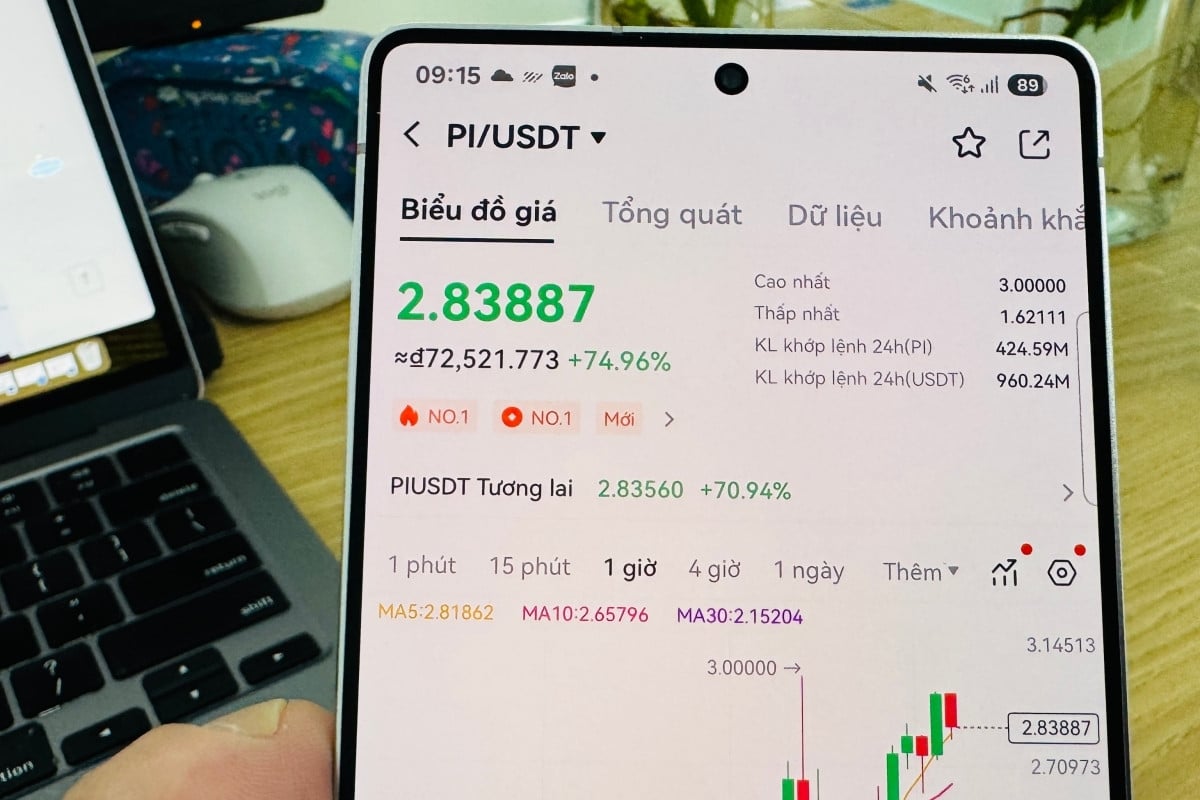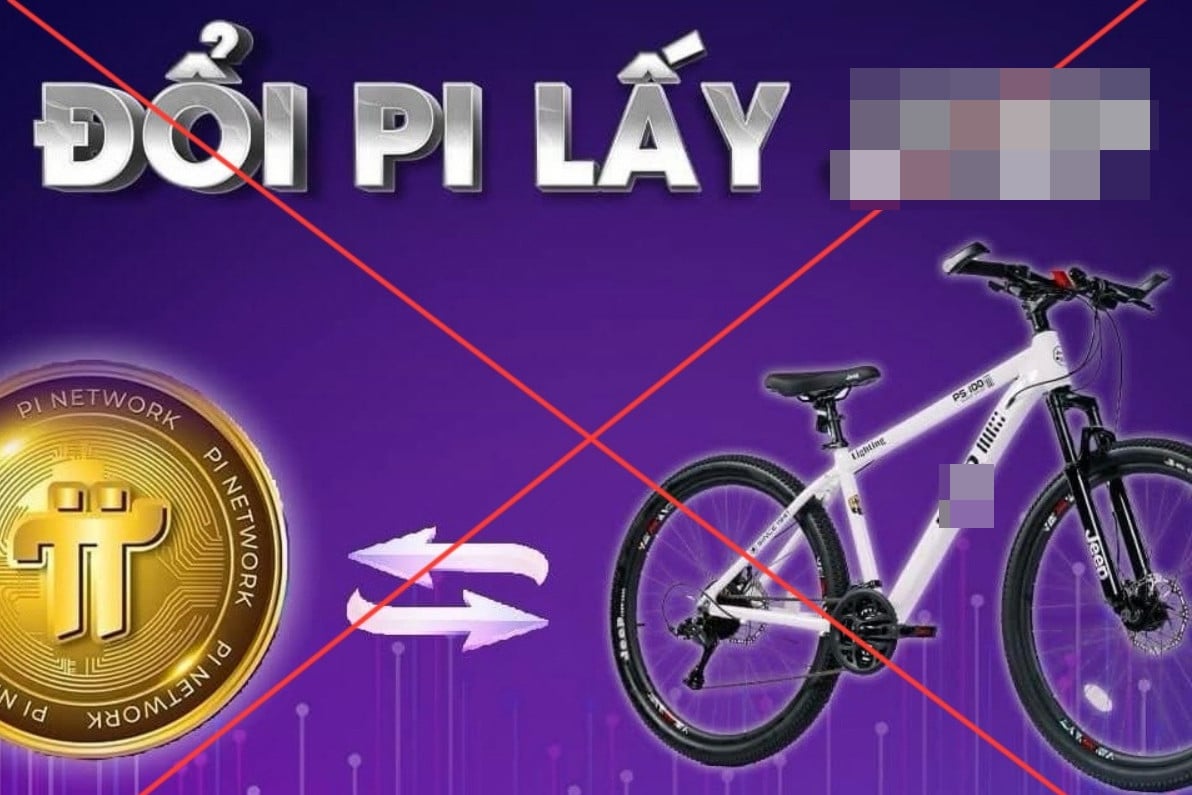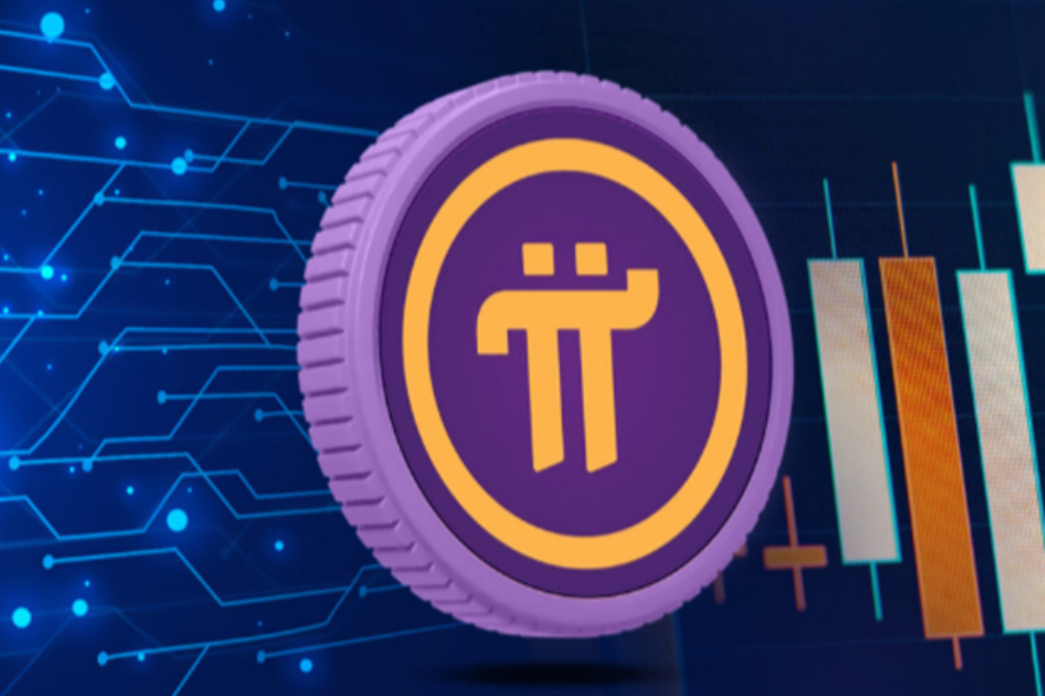Currently, many counterfeit Pi coins are appearing on cryptocurrency exchanges, especially those with low credibility. These counterfeit coins often have no official affiliation with the Pi Network but use similar names and logos to deceive investors.
On February 20th, the Pi token from the Pi Network project was listed on several international cryptocurrency exchanges. Currently, the token is trading at a price ranging from $2.7 to $2.9 USD. According to Coinmarketcap data, as of February 27th, the market capitalization of Pi has reached nearly $275 billion USD.

The listing of Pi has excited the cryptocurrency mining community, and many investors have begun trading the coin on cryptocurrency exchanges, hoping that its price will continue to rise in the near future.
However, taking advantage of the community's excitement when Pi was listed on exchanges, many counterfeit Pi coins appeared on the market.
Specifically, many exchanges that are not listed as having Pi are still trading this currency, and some exchanges also feature many different Pi coins that are not issued by the Pi Network team.
In addition, many fake applications mimicking the Pi Network model have appeared, urging users to download them and participate in trading.
According to Mr. Tran Xuan Tien, Secretary General of the Ho Chi Minh City Blockchain Association (HBA), Pi Network's success in building a community over the past period could be copied by fraudulent schemes. Instead of being free, users may be lured into depositing money into these schemes, thus creating financial risks. Currently, several counterfeit tokens have been issued on both decentralized and centralized exchanges.
According to Mr. Tien, if the Pi Network team doesn't provide specific notifications, users could mistakenly trade these fake tokens. Similarly, applications containing malware will also use a similar model to Pi Network to entice users to download and install them, thereby gaining unauthorized access to their devices. This is the most common form of fraud in recent times.
The Pi Network development team subsequently issued a warning that all Pi trading pairs listed on DEXs (decentralized exchanges) were fake Pi.
This group advises people not to participate in any Pi trading pairs on DEX exchanges at the moment, as you may receive counterfeit Pi and lose money.
To date, the real Pi is only listed on a few exchanges, as the development team has announced recently.
Regarding counterfeit Pi on exchanges, a representative of a blockchain company in Vietnam stated that almost all types of counterfeit cryptocurrencies exist, not just Pi.
When these cryptocurrencies are first listed on the exchange, it is entirely possible for investors to buy counterfeit virtual currencies. Many investors have lost large sums of money, ranging from tens to hundreds of millions of VND.
Detecting counterfeit cryptocurrencies is very difficult; the only way is for investors to buy a small amount to test them, because currently there are no other ways to verify their authenticity.
Therefore, to avoid losing money, users should slow down and carefully check newly listed cryptocurrencies before investing.

Pi coin price defies cryptocurrency trends, reaching $3 USD.

Using Pi for transactions is against the law.

Pi Network is a project lacking transparency.
Source: https://vietnamnet.vn/can-trong-keo-bi-lua-dao-tien-ao-pi-2375807.html




![[Image] Central Party Office summarizes work in 2025](/_next/image?url=https%3A%2F%2Fvphoto.vietnam.vn%2Fthumb%2F1200x675%2Fvietnam%2Fresource%2FIMAGE%2F2025%2F12%2F18%2F1766065572073_vptw-hoi-nghi-tong-ket-89-1204-jpg.webp&w=3840&q=75)



![[Video] Launch of two books on history and heritage preservation](https://vphoto.vietnam.vn/thumb/402x226/vietnam/resource/IMAGE/2025/12/18/1766072185865_2663241292917005256-4230-jpg.webp)

























































































Comment (0)